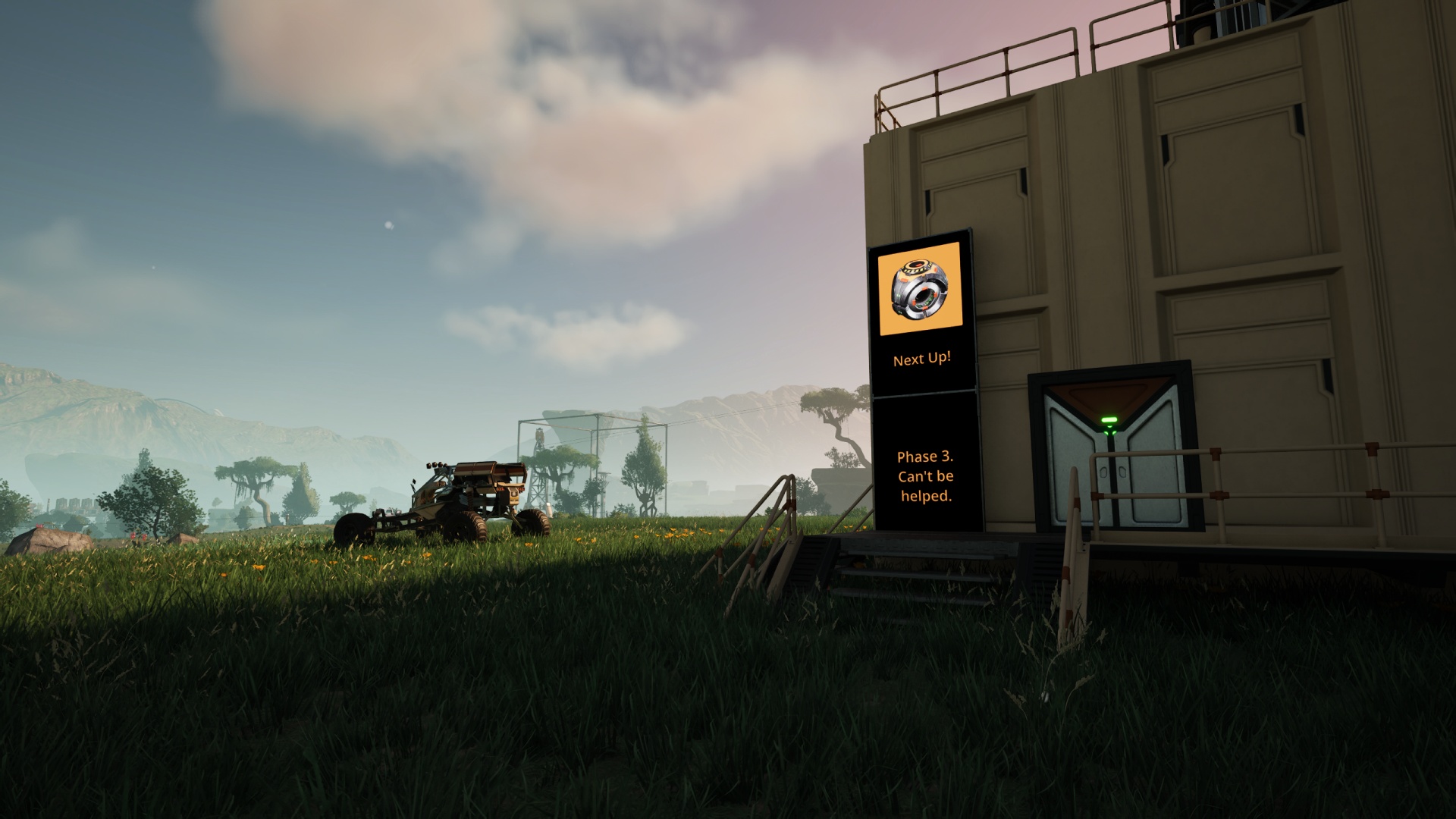Week number four introduces the truly foreign material. (Four, foreign, oh look how clever I am.)
Let’s be clear on something: I’m not a Japanophile, really. I happen to like some of their animators and some of their musical acts, and that’s the bulk of my cultural fascination. To better enjoy the animated stories, I do want to know enough background material. Beyond that it’s a matter of taking in whatever happens to catch my magpie dilettante attention. I am, of course, a curious fellow.
But you came here for the music.
I’ve tried to explain before that what works for me isn’t the meaning of the words but rather their sound as part of the whole musical experience. I can’t illustrate the concept any more clearly than with three KOTOKO tracks. Enjoy the mellow “Hitorigoto,” the metallic “Suppuration -core-,” and the merry “Swift Love.”
If you find yourself hankering for words sung in English once again, you may find next week to be a vast improvement…
